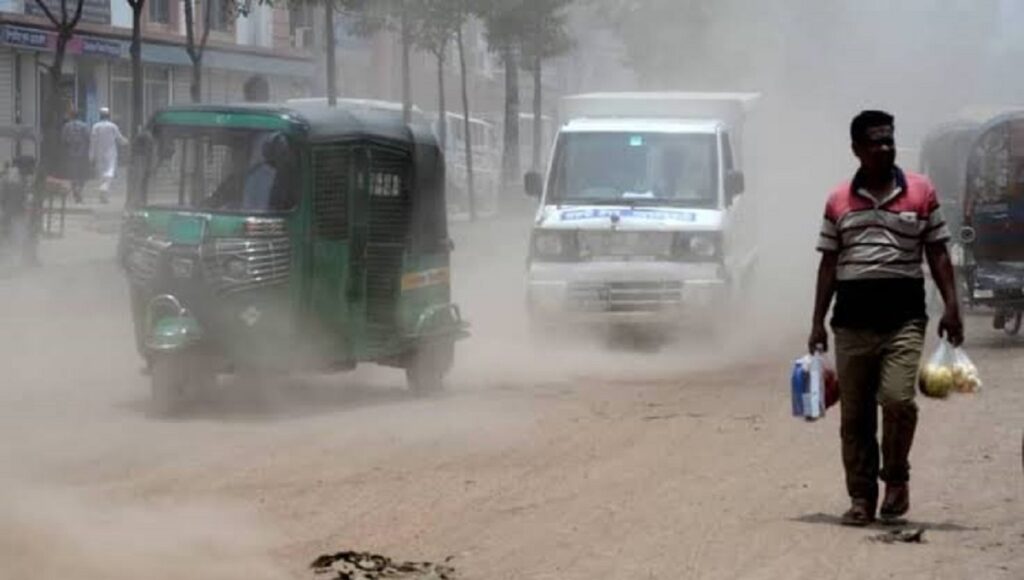The United States has said they are excited to partner with Bangladesh in tackling air pollution sharing their experience and expertise.
US acting assistant secretary at the Bureau of South and Central Asia Alice G Wells during her recent Bangladesh visit tweeted, saying they are “excited to partner” with Bangladesh to tackle air pollution.
She mentioned that improving air quality while growing economically is possible.Wells said US reduced pollution from 1970 to 2017 by 70 percent and grew GDP by 246 percent.
She said scientific data from US air monitors drive regulatory and tech solutions and raise awareness.Earlier in July, US Science Envoy for Air Quality Dr James J Schauer shared his ideas about air quality improvement and mitigation strategies with stakeholders in Bangladesh.
Dr Schauer met Prime Minister’s Principle Coordinator for Sustainable Development Goals (SDGs) Abul Kalam Azad to discuss the integration of air quality solutions with the SDGs, said the US Embassy in Dhaka.
He also met the Director General of the Department of Environment, the Director General for Health Services, and the Dhaka North Mayor to discuss air quality and the government’s actions to address the situation in Bangladesh.
Air pollution is associated with one of the biggest killers of children – pneumonia, and linked to asthma, bronchitis, and other respiratory infections.
Air pollution damages brain tissue and undermines cognitive development in babies and young children, leading to lifelong consequences that can affect their learning outcomes and future potential.
Unicef Executive Director Henrietta Fore has sought immediate action in South Asia to clean the air for children saying around 620 million children in the region breathe polluted, toxic air.
“I was just in South Asia where I saw firsthand how children continue to suffer from the dire consequences of air pollution. The air quality was at a crisis level,” she said in a statement on toxic air in South Asia on Thursday, seeking urgent action to address this air quality crisis.
Fore said governments in the region and around the world should take urgent steps to reduce air pollution by investing in cleaner, renewable sources of energy to replace fossil fuel combustion; provide affordable access to clean public transport; increase green spaces in urban areas; change agricultural practices and provide better waste management options to prevent open burning of harmful chemicals.
“Children have a right to live in a clean environment and breathe clean air. We must act now,” she said.
Fore said anybody could smell the toxic fog even from behind an air filtration mask and from every neighborhood, one could see the pollution obscuring buildings, trees and people.
She said schools and offices closed or curtailed hours. “With winter approaching, the situation is set to become even worse.”
The Unicef Executive Director said children have smaller lungs, breathe twice as fast as adults, and lack the immunities that come with age, children endure its damaging health and neurological effects the most.
Bangladesh’s capital was ranked third worst in Air Quality Index (AQI) on Thursday morning.Dhaka had a score of 177 at 8:34 am, which means the city’s air quality was classified as unhealthy.India’s Delhi and Mongolia’s Ulaanbaatar were at the top of the list with scores of 233 and 189 respectively.
source: UNB




